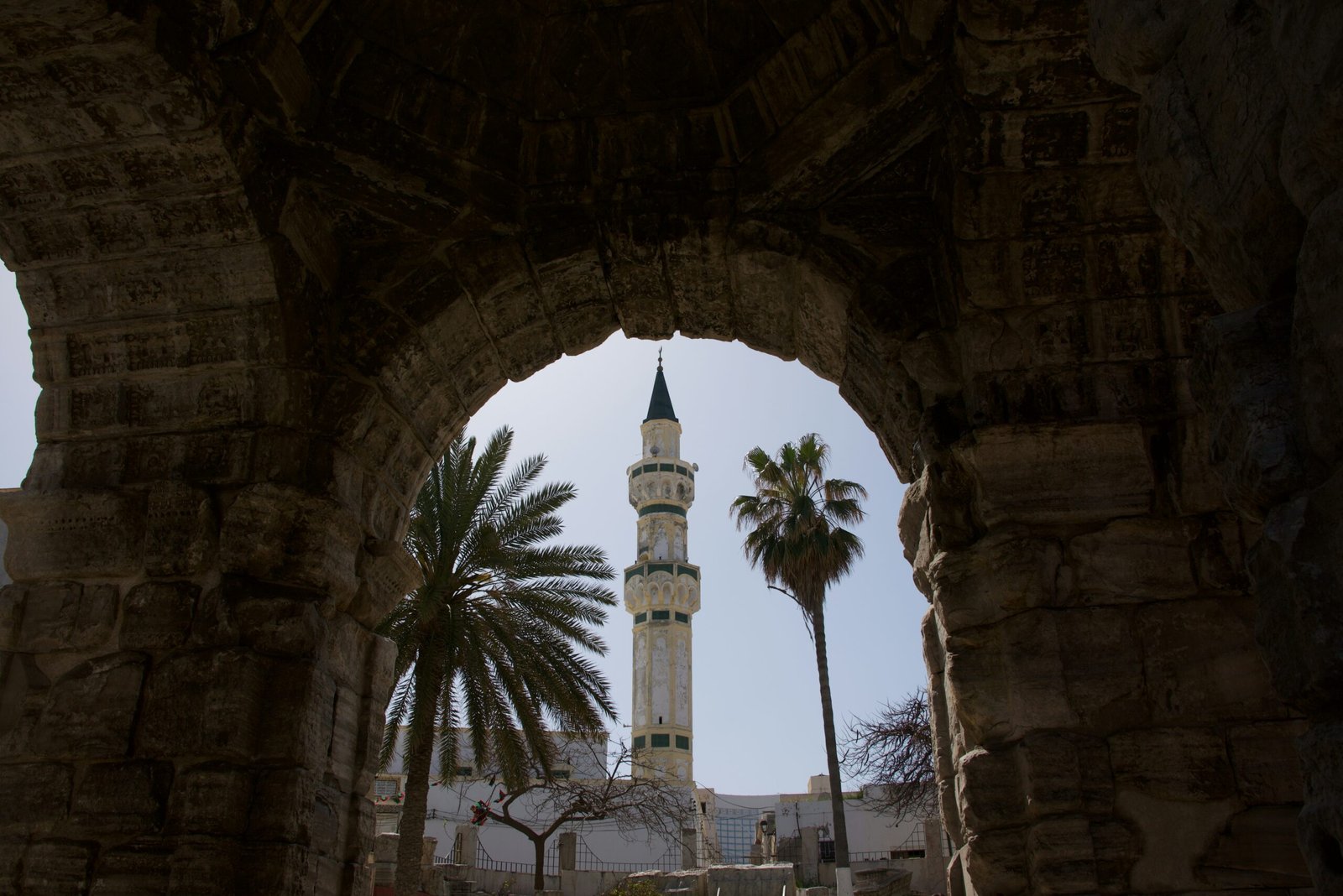Introduction
Welcome to Libya, a country located in North Africa with a rich history, diverse landscapes, and warm hospitality. Whether you are planning to visit, work, study, or do business in Libya, this guide will provide you with all the essential information you need to make your experience enjoyable and hassle-free.
Location and Surface Area
Libya is situated in North Africa, bordered by the Mediterranean Sea to the north. It shares its borders with Tunisia, Algeria, Niger, Chad, Sudan, and Egypt. With a total surface area of approximately 1.8 million square kilometers, Libya is the fourth largest country in Africa.
Climate
Libya experiences a Mediterranean climate along its coastal regions, with hot summers and mild winters. Inland, the climate becomes more arid and desert-like, with extremely high temperatures during the summer months. It is advisable to plan your visit during the cooler months, from October to April, to avoid the intense heat.
Fauna and Flora
Despite its arid landscape, Libya is home to a surprising variety of flora and fauna. The coastal areas are dotted with palm trees, while the desert regions boast unique desert-adapted plants and shrubs. Wildlife includes species such as gazelles, desert foxes, and various bird species, making Libya a destination for nature enthusiasts.
Attractions
Libya offers a wealth of attractions for visitors to explore. From the ancient Roman ruins of Leptis Magna and Sabratha to the stunning landscapes of the Sahara Desert, there is something for everyone. The historic city of Tripoli, with its bustling markets and beautiful architecture, is a must-visit for culture lovers.
Population
The population of Libya is approximately 6.8 million people. The majority of Libyans are of Arab-Berber descent, with Arabic being the official language. The country is known for its warm and welcoming hospitality, and visitors are often greeted with open arms.
Currency
The currency of Libya is the Libyan Dinar (LYD). It is advisable to exchange your currency into dinars upon arrival, as it may be difficult to find places that accept foreign currencies. ATMs are available in major cities, and credit cards are accepted in some establishments.
Visa Requirements
Visitors to Libya are required to obtain a visa prior to arrival. It is recommended to check with the Libyan embassy or consulate in your country for the most up-to-date visa requirements and application procedures. Ensure that you have a valid passport with at least six months validity remaining.
Official Languages
The official language of Libya is Arabic. English is also widely spoken, especially in tourist areas and business settings. It is always helpful to learn a few basic Arabic phrases to enhance your interactions with locals and show appreciation for their culture.
Culture and Customs
Libya has a rich cultural heritage influenced by its Arab and Berber roots. Respect for Islamic customs and traditions is important, and visitors are advised to dress modestly, especially in religious sites. It is customary to greet others with a handshake and to remove your shoes when entering someone’s home.
Hospitality
Libyans are known for their warm hospitality and generosity towards guests. It is common to be invited into homes for meals and tea, and it is considered polite to accept these invitations. Embrace the local customs and traditions, and you will be rewarded with unforgettable experiences and friendships.
Main Cities
The capital city of Libya is Tripoli, which is also the largest city. Other major cities include Benghazi, Misrata, and Sabha. Each city has its own unique charm and attractions, offering a glimpse into the country’s history and modern culture.
Airports and Airlines
Libya is served by several international airports, including Tripoli International Airport, Misrata International Airport, and Benghazi Benina International Airport. Airlines such as Libyan Airlines, Tunisair, and Turkish Airlines operate regular flights to and from Libya, connecting it to major cities around the world.
Conclusion
Libya is a country of contrasts, with ancient ruins, stunning landscapes, and warm hospitality awaiting visitors. Whether you are interested in exploring historical sites, experiencing the beauty of the desert, or immersing yourself in the local culture, Libya offers a unique and rewarding experience. With the information provided in this guide, you can confidently plan your visit, knowing that you have all the essential details to make your trip a success.

